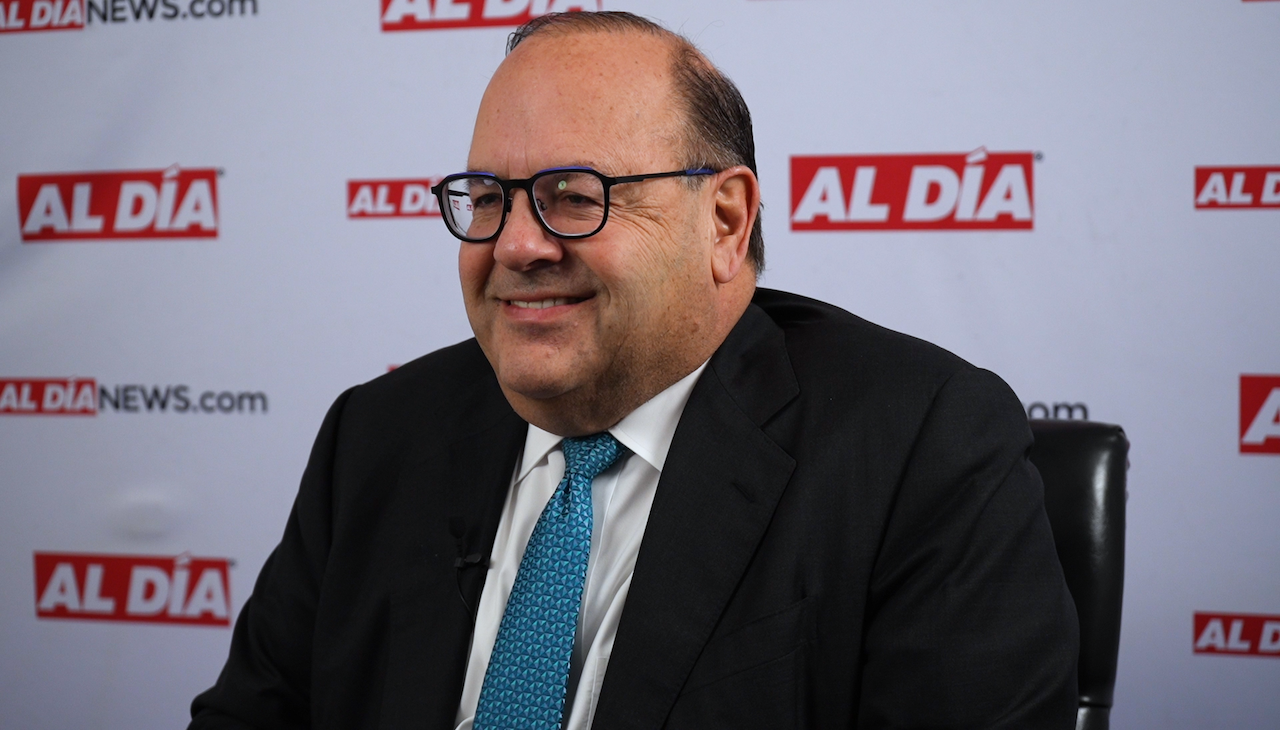
Allan Domb’s transparent and collaborative vision for a better Philadelphia
Domb told AL DÍA of a campaign reflective of the working community, with a long term agenda for the city, Kensington, and solving crime.
Two-term elected at-Large Philadelphia City Councilmember Allan Domb is one of 11 total candidates vying for Mayor Jim Kenney’s seat in 2024 — 10 Democrats and one Republican.
In a crowded pool of qualified and experienced contenders, it can be a challenge to make yourself known to every neighborhood and block of the city, but Domb says he is committed to that.
The former real estate entrepreneur believes his road to the Mayor’s office runs through garnering the support of voters in every demographic who, like him, believe the city is in crisis.
With major issues like public safety, housing, and an open drug market in one of the city’s most-neglected neighborhoods only growing worse, he said he brings an attitude that is committed to bringing the best out of the city, rather than continuing to see it plunge.
Domb recently visited the Al DÍA offices for an interview where he discussed his campaign, long-term agenda on public safety, education, and more.
Intro to politics and building relationships
Domb was introduced to politics upon his reelection as President of the Greater Philadelphia Association of Realtors in 2013. During his second term, he began working with then-Mayor Michael Nutter as well as City Council President Darrell L. Clarke.
He teased a Mayoral run in 2015 when Nutter was term-limited, before announcing that he would run as a Democrat for one of the city's seven at-large council seats. He told Al DÍA he sat down with a political expert who told him business is very different from politics.
“You want to be a heart surgeon, but you've never done any surgeries and you've never gone to medical school. You need to run for council and learn about government. And that person was 110% accurate,” Domb said.
Working with the two local leaders showed him the collaborative nature of politics.
“I learned that you have to build relationships and in order for you to be a leader, people have to like and trust you, and then they'll consider working with you. I tried to build those personal relationships with everybody. I think that I did a pretty good job working together with people,” he said.
That same approach is one Domb says he’ll take to the Mayor’s office if elected, and regarding some of the biggest issues plaguing the city.
Public Safety
{"preview_thumbnail":"/sites/default/files/styles/video_embed_wysiwyg_preview/public/video_thumbnails/oVE8DBLZgY0.jpg?itok=ohYY-u33","video_url":"https://www.youtube.com/watch?v=oVE8DBLZgY0","settings":{"responsive":1,"width":"854","height":"480","autoplay":1},"settings_summary":["Embedded Video (Responsive, autoplaying)."]}
Philly’s homicide rate has increased every year since 2013, when it was 240. 2021 was the worst year on record, with 562. And 2022 was not any better, ending at 516.
On Dec. 14, 2022, Domb released his "Agenda for Long-Term Safety and Opportunity,” a public safety plan that includes 10 major actions he would take in his first 100 days in office. They are as follows:
1. Declare a Crime Emergency on his First Day in Office
2. Aggressively Crack Down on Illegal Guns
3. Declare a Public Health Emergency in Kensington
4. Get Illegal Vehicles Off the Street
5. Crack Down on Retail Theft
6. Increase Penalties for Violence Against City Employees
7. Triple Funding for Recruitment of Police Officers
8. Expand Programs to Protect Against Violence Based on Race, Religion, Gender, Sexual Orientation and Gender Identity
9. Install Cameras at Every High School, Increase Coordination with School Leaders
10. Clean Every Vacant Lot, Seal Every Abandoned Building
At AL DÍA, Domb highlighted his declaration of a public health emergency in Kensington, calling the situation there a “disaster,” among other provisions.
“I will have a public safety cabinet consisting of the District Attorney, the police commissioner, the Attorney General,, FBI, ATF, security for PATCO and SEPTA,” he said.
Domb said he would provide weekly briefings to inform the public of the city’s ongoing efforts to combat gun violence and public safety, in similar fashion to that of the city’s daily COVID updates.
“I would conduct those meetings myself on a weekly basis or more frequently as needed,” he said.
As a councilmember, he also said he was behind a similar cabinet of law enforcement leaders that came together to collaborate. They too, spoke of prevention efforts and other ways the agencies could work together to reduce violence in the city’s most-affected neighborhoods.
“We also talked about cleaning vacant lots and sealing abandoned buildings. We also talked about restructuring our police department and getting police marketing better. In my plan, I believe we talked about tripling the bonuses for hiring police,” Domb added.
In the short term, Domb said it's about getting the violence in control. In the long term, education is at the center of his approach to improving Philadelphia’s situation, saying crime is the “symptom” of other issues. He proceeded to paint the picture of an ideal education-to-success pipeline.
RELATED CONTENT
“If you have a better paying job, the housing becomes more affordable. And when housing becomes more affordable, and you have a better paying job, you climb out of poverty, and the crime reduces,” Domb said.
Education
One of Domb’s plans in education is to teach financial literacy to K-12, along with technology and entrepreneurship.
“I want to teach our kids how to create their own business. I always say ‘you make a living, working, you create wealth, owning,’” he said.
Domb also said he wants to implement a model used by Cristo Rey Philadelphia High School, a college preparatory and Catholic school in North Philadelphia that targets students from lower-income households and combines academics and real-life job experience in its curriculum.
“Kids go to school four days a week. At their option, they can work the fifth day in a job. They're gonna get credit, experience and get paid,” Domb cited.
This model, Domb says, will get employers to hire some of these students for after school work, and take the youth off the streets and away from harm or getting into trouble.
As a councilmember, Domb also donated his salary to a number of Philly schools and often visited those he gave money to.
“Most of the schools that I visited are not in great shape. They're very old. And we need to have an aggressive program. The investment of my goal would be to build two to four new schools a year, it's well worth the investment,” he said.
Domb also said he would continue to donate his salary to schools as Mayor.
Small Businesses and the economy
{"preview_thumbnail":"/sites/default/files/styles/video_embed_wysiwyg_preview/public/video_thumbnails/JomRzVPBc_U.jpg?itok=igje4gaD","video_url":"https://www.youtube.com/watch?v=JomRzVPBc_U","settings":{"responsive":1,"width":"854","height":"480","autoplay":1},"settings_summary":["Embedded Video (Responsive, autoplaying)."]}
Philly has the highest-among big-cities-poverty rate, one of the highest child poverty rates, and one of the deepest poverty rates in the country. Domb has a commitment to add 100,000
jobs and 100,000 residents to the city and lift 100,000 people out of poverty within 10 years.
“I would be actively engaging with every resident of the city. I actively engage in every area of hospitality because arts and culture is key for the city. And we need to increase our funding for arts and culture because the economic benefits are extremely high,” he said.
He will also support small and neighborhood businesses, and expand job training. Domb believes creating entrepreneurs and supporting their new businesses is the only way to create generational wealth that has not been possible for lots of families.
“We have small entrepreneurs who want to grow their businesses here. We need to be more receptive and hospitable to them,” said Domb. “We also need a mayor who can help the existing companies grow and bring new ones.”
The Democratic primary is May 16.

This content is a part of Every Voice, Every Vote, a collaborative project managed by The Lenfest Institute for Journalism. Lead support is provided by the William Penn Foundation with additional funding from The Lenfest Institute, Peter and Judy Leone, the John S. and James L. Knight Foundation, Harriet and Larry Weiss, and the Wyncote Foundation, among others. To learn more about the project and view a full list of supporters, visit www.every voice-every vote.org. Editorial content is created independently of the project’s donors.


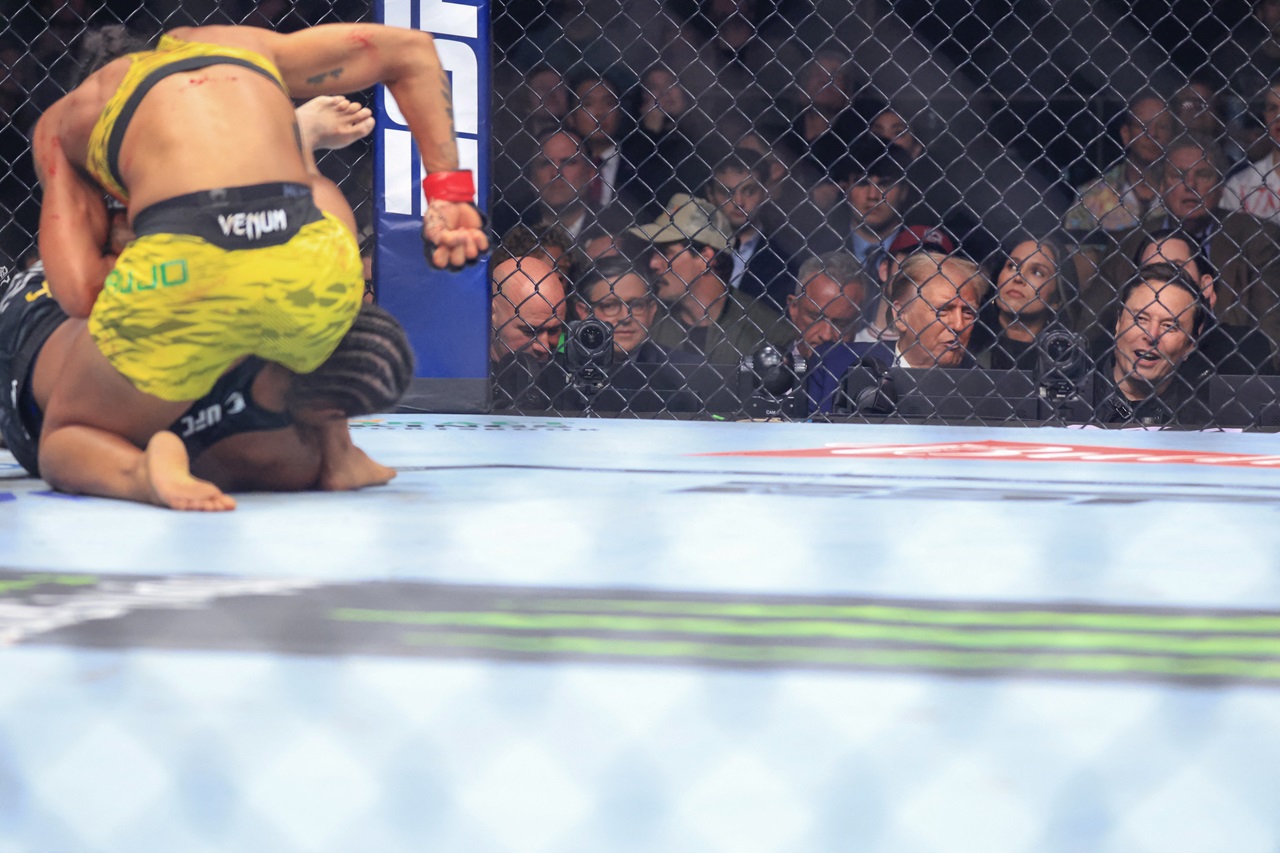



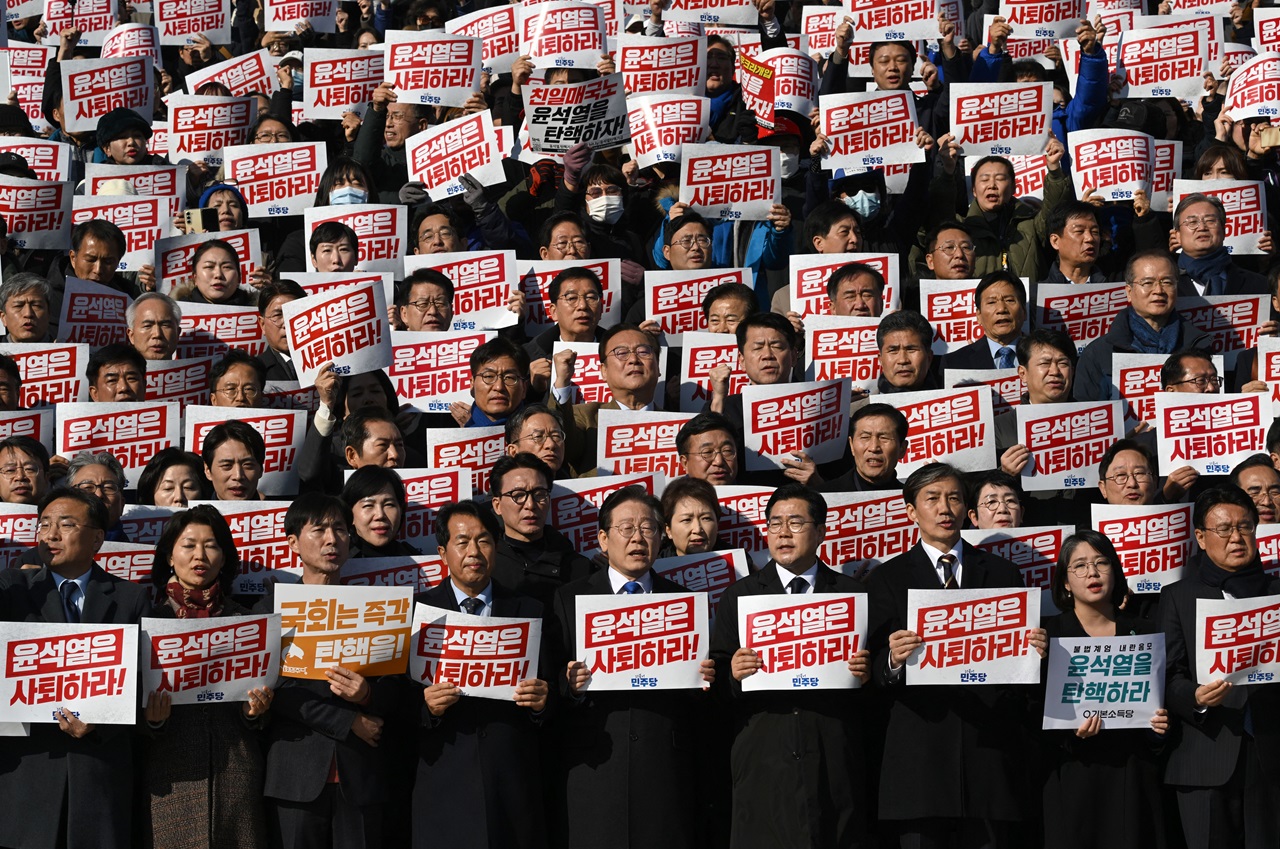
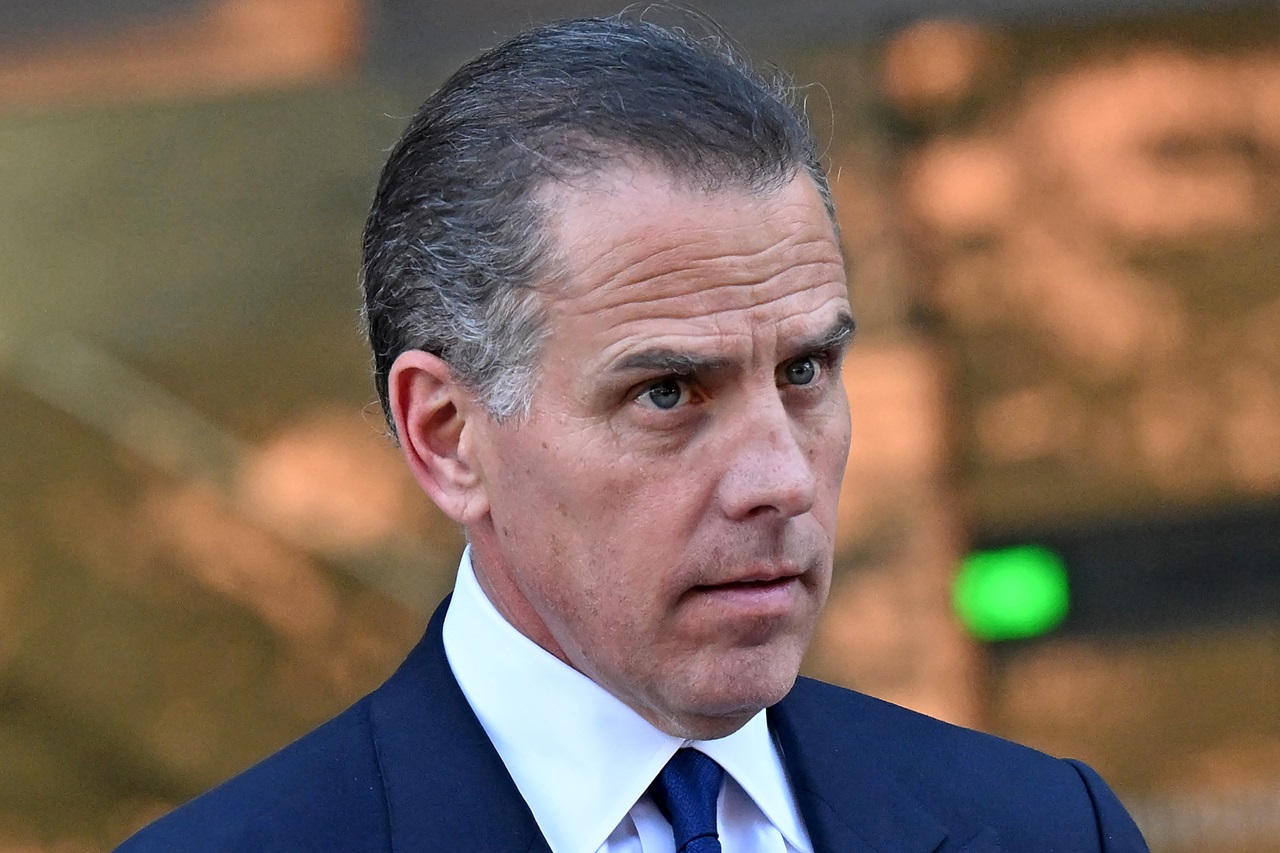
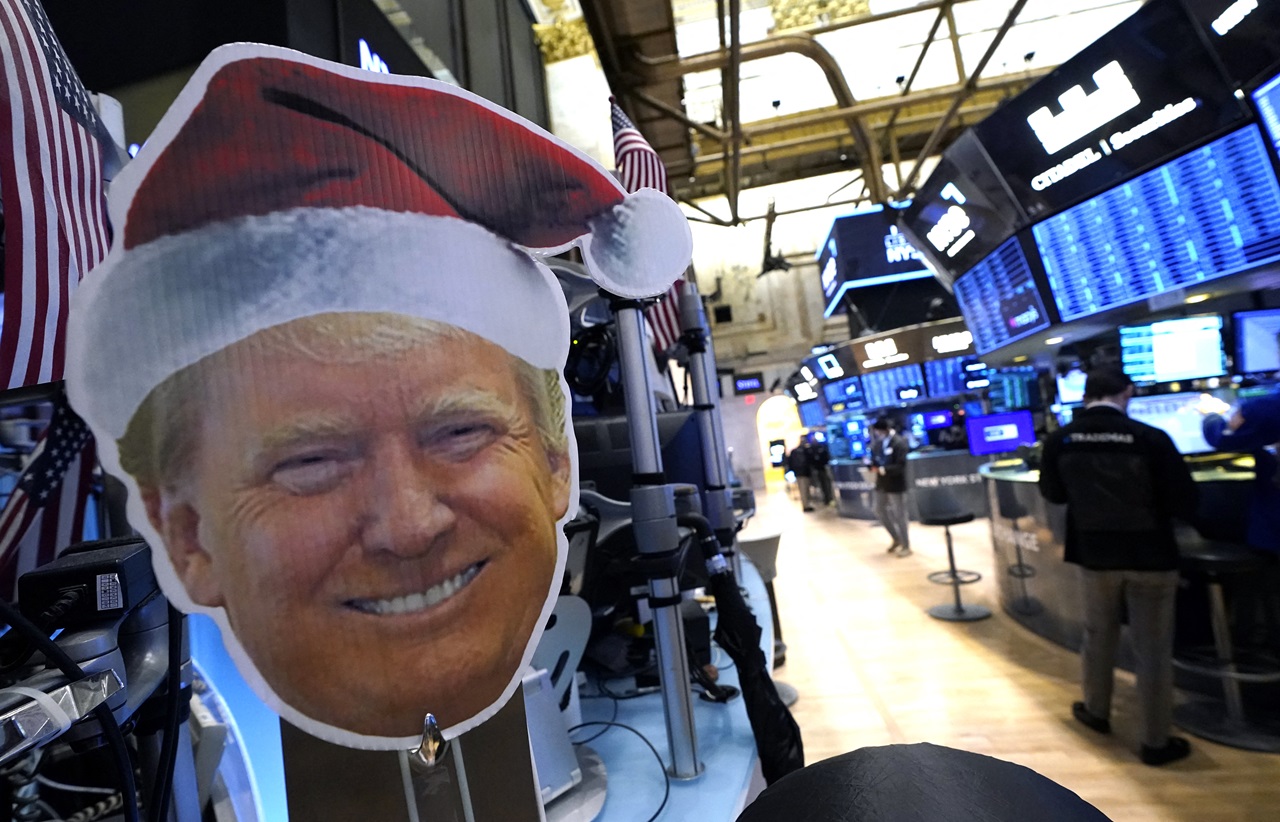
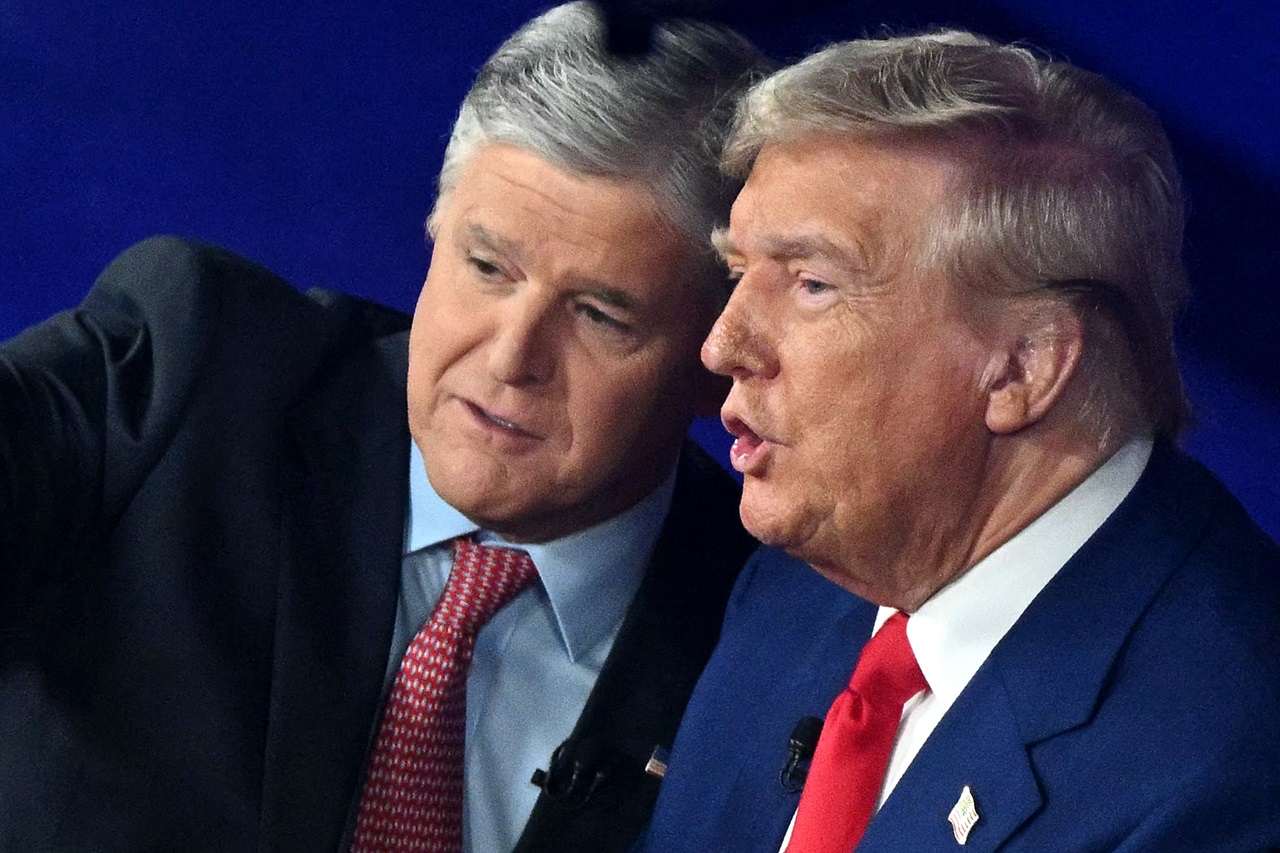

LEAVE A COMMENT:
Join the discussion! Leave a comment.